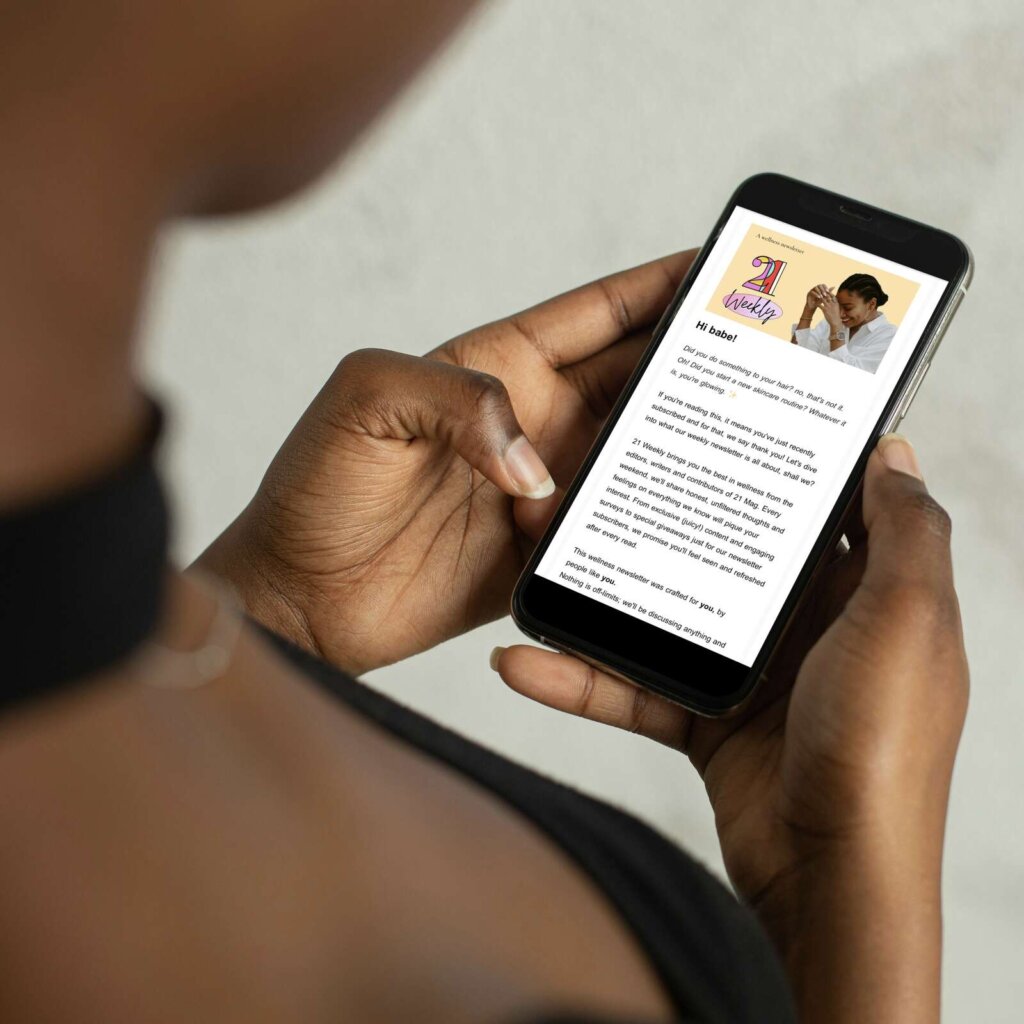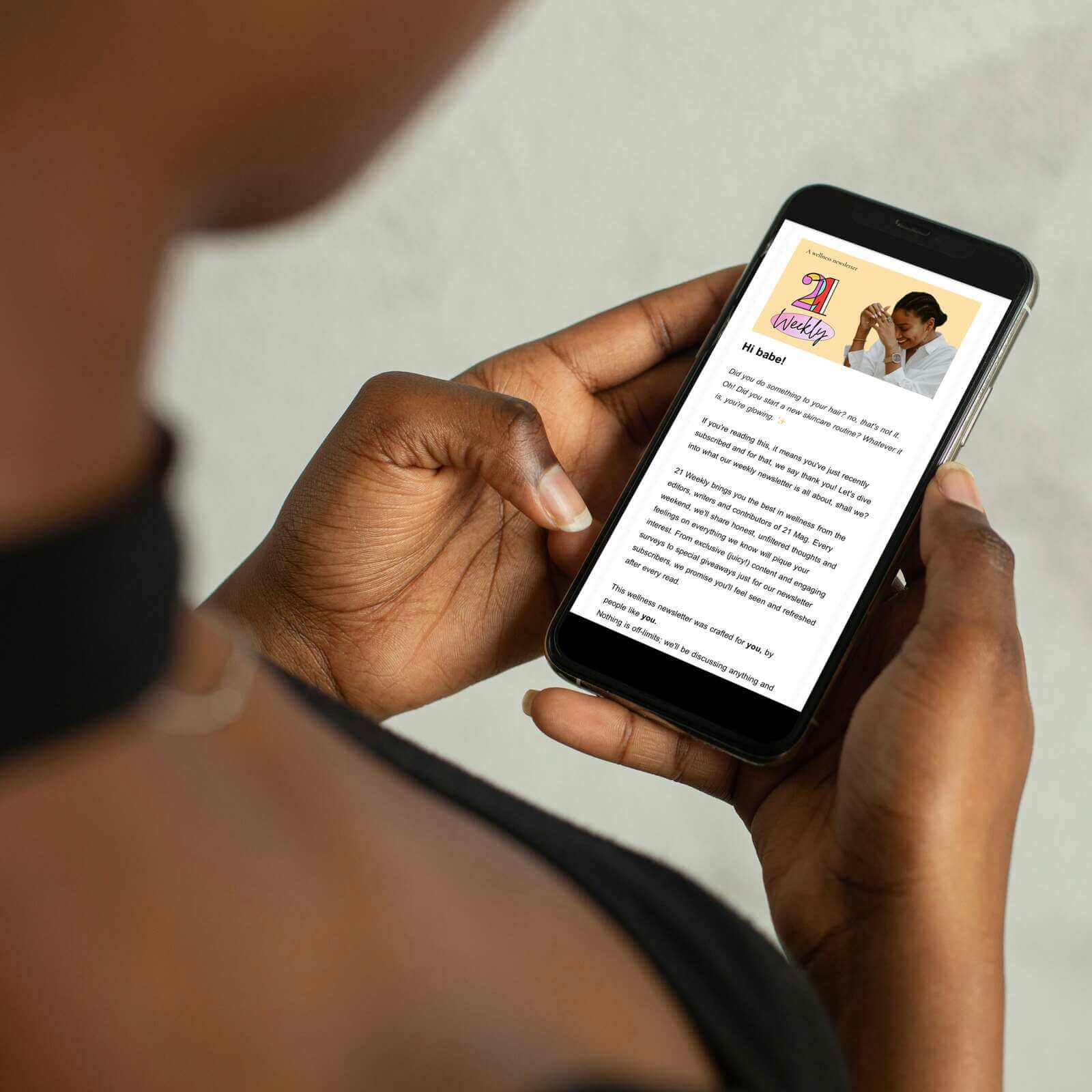No products in the cart.
4 Lessons Learnt From The Movie ‘Oloture’
Note: The following article contains discussions of rape that some readers may find discomforting.
I remember vividly how social media was buzzing a few days to the release of the popular Netflix Nollywood movie, Oloture. The trailer captivated everyone because of the intriguing storyline and of course, it was a completely different role for Sharon Ooja, something outside her usual “fine girl” characters. Personally, I was captured by the narrative the movie was willing to tell. Not very often do we see Nigerian movies go out of the norm to tell a story about social issues. When the movie was finally released on Netflix, everyone was watching, including myself. I was impressed with the cast, production, and direction of the movie. It was unarguably a great watch. My homegirls and I were camping in Sharon Ooja’s comment sections giving her the praise she genuinely deserved!
Oloture, which means endurance tells a tragic story of a female journalist also named Oloture, who goes undercover as a sex worker to expose sex trafficking in the country, as well as the hardships in the commercial sex business. Telling this story eventually leads to what we see as her end, as she falls into the rope of human trafficking. It’s a deeply emotional storyline that talks about societal issues like rape, sex trafficking, and domestic abuse. With such an interesting and insightful story, Imagine me not picking up some lessons I learned along the way:
-
It never ends well in Toxic relationships
“He go kill me nau. We plenty wey dey here before, and na only me remain so I know say he go kill me if I try to comot”
This happens to be one of the most glaring lessons I learned from this movie. We go through a side journey of watching Chuks and Blessing’s relationship go into what Oloture describes as an inexorable slow train to disaster. Chuks is a pimp fast running out of business, and Blessing happens to be his last girl. On several occasions, we see Blessing scarred from emotional and physical abuse from Chuks. In a very gruesome scene, we see him hit her multiple times, and it almost seemed like there was nothing she could ever do about it. From this, I picked my first lesson. For Blessing, it might have seemed to her that there was no way out but the truth is, there is always a way out of a toxic relationship, and that is leaving.
It definitely might not be easy, especially when the person involved seems to have a lot of power over you, but the truth is, no one truly has power over you unless you give it to them. You are in control of your own life and your choices decide your own fate. Nobody deserves to be in a toxic relationship, whether emotionally or physically. You owe it to yourself to get out of that space and environment because it never gets better with toxic relationships. No, he/she wouldn’t change. No, you shouldn’t give them time. No, it is not your fault and you do not deserve it. And yes, you are worth so much more. Leave.
-
Keep records
“I want you to keep this for me. It’s my report of everything that has happened while I’ve been in the house.”
From Oloture’s character we see so much bravery and strong will to follow through with her story, till the very end. One thing we can pick up from her is the trail she left behind; her diary. Excluding the fact that as a journalist she had to keep the records, it was smart and sensible of her to have left a trail behind.
We do not know if she ever made it out of the deep end (I’m hoping there’s going to be a sequel!) but we do know that she had a story, and anybody that could get their hands on that record, immediately had the story too. This might seem like a lesson that doesn’t necessarily relate to you at this present time, but I tell you- when in danger or when unsure of situations, keep a trail/record. It doesn’t necessarily have to be a diary, it could be a journal. It’s a smart thing to do.
-
Find healing in support
“How was the party? – Just a party, rich people doing what they love to do”
It was heartbreaking and disturbing to watch the scene where Sir Philips sexually assaulted Oloture. Rape is an inhumane act and unforgivable on so many grounds. There is always the need to heal, and not just heal, but to heal in the right way. It becomes the victim’s story and scars, and it is not anybody’s right to tell a victim how to navigate that story, but to instead show necessary support.
We see Oloture go through a series of deep emotions; Self-hate, scrubbing at her skin with rage in the shower, tears, hurt, anger, and eventually diving into the deep end. What I think she could have done was to search for support, from either her mother, her friends or even her lover, at that time. It is so hard to do this, and it will never be passed on like it’s an easy act, but it is so paramount to healing. To you my reader, it might not be sexual abuse, but if it is something that hurts you deeply, please find support. There’s always someone that loves you. Look to your side, find love, choose love. You deserve it.
-
Always have a back-up plan
“ I am one-hour northwest away from Lagos. My last turn was Agbara. My sense is we’re going to be here for the next few days”
Some critics have said that someone in the writer’s room could have done better in giving the story a better script ending, and I sort of agree. A very important wake-up call from this movie is, always have a back-up plan. It’s very necessary. We see Oloture’s story end tragically because somehow she got herself on that bus with no exact plan on how to get off it. It was very cringe seeing them get to the border of Nigeria and realizing that she and the other girls were not going to be able to make it out. Honestly I was disappointed, but a lesson was learned. A back-up plan will save you trouble, and this applies to all walks of life.
Here are some simpler, lighthearted lessons I also learned:
-
Food always resolves conflict
See, if you are a foodie like me then we both know one of the best ways to apologize is to buy me/ bring me food. The scene where Oloture apologizes to Linda for their earlier argument in Madam Alero’s market is a classic. Home-cooked Jollof rice with whatever that tasty looking vegetable was? I mean girl, what were we even fighting about again? If you’re going through conflict issues, try this.
-
The window is always an excellent way to escape.
In the opening scene, we see Oloture jump out of the Club Hotel’s window to avoid sex with a Customer. A very eye-opening scene I tell you. I particularly love how she used the heel of her red shoes to hit this man when he wouldn’t let go. Sis, heels are made for two things; making you look great, and a protective weapon against crazy men.
-
The ability to switch accents
One of the scenes that cracked me up was when Chuks came up to Alero in the whore house claiming that she had made some sort of discussion with his girl, Blessing. And that she should leave her alone.
The particular moment that made me laugh was when Alero’s bodyguard told him to step back in a sweet English accent and Chuks attacked him with Vernacular English, claiming he was a tough guy and the bodyguard shouldn’t come his way, “or else”. Remember? This bodyguard then in a matter of seconds switched his English accent to straight-up pidgin. If this is not streets, I don’t know what is.
This thing called the ability to switch up from posh to street– we need it. Especially in this Nigeria because people will test your patience in this Country. Where can I take lessons please? sign me up!
If you’ve watched Oloture, I’m sure you can agree with me that this movie came at the right time, and was well told. If you haven’t, it is available to stream and download on Netflix and is definitely worth your watch.
Once again, another Nollywood production we are proud of. What lessons did you learn from the movie?













